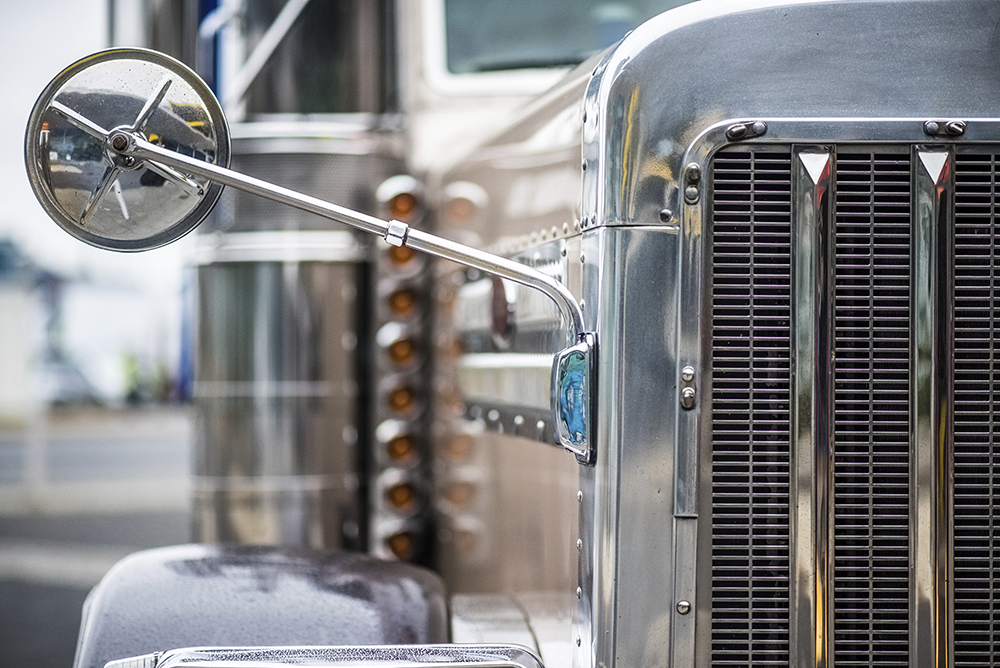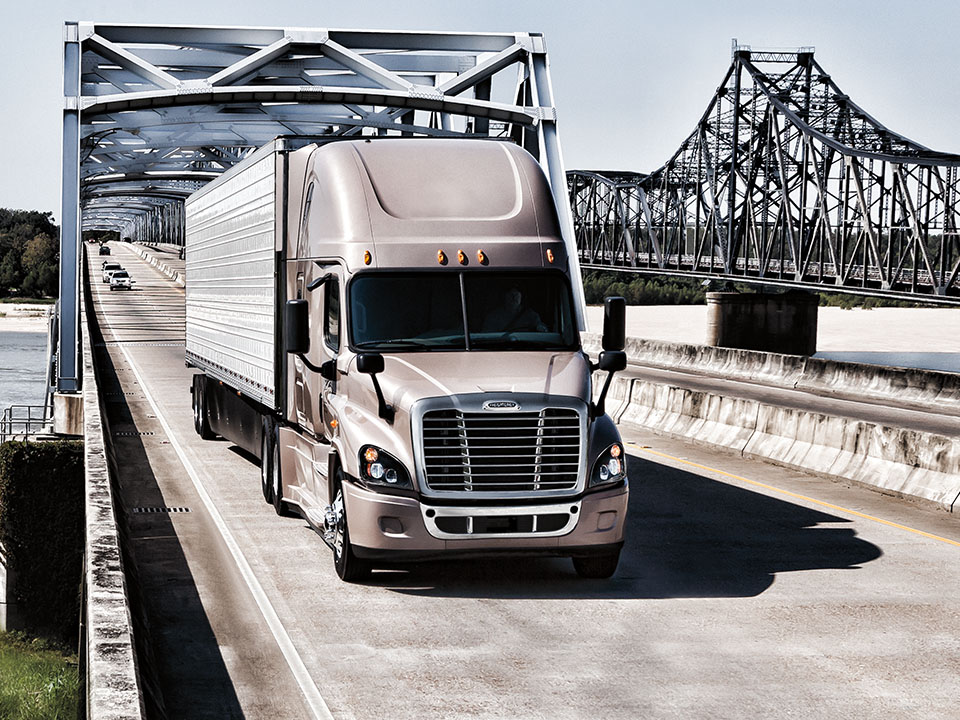Hopefully, we are all doing our part to help during the COVID-19 crisis. For most of us, that means staying at home and social distancing, but some people and some industries are doing so much more.
This statement really became clear to me last week when one of our NationaLease employees relayed the following to me:
“Last night, my husband was sitting on our balcony which is within sight of the Pennsylvania Turnpike. He told me that he was watching how many trailers were going by (and how few cars) and how grateful he felt for the drivers that were making sure that our grocery stores and pharmacies would have the supplies we need to get through this crisis. He said, ’I can’t imagine where we would be without them.’ I feel the same.”
I, of course feel the same as my co-worker and her husband. This is an amazingly trying time and we should be aware of how dependent we are on certain sectors of the economy. When it comes to health, our medical professionals are the front-line soldiers who consistently put themselves in harm’s way. We can’t thank them or the first responders enough for their sacrifice.
We are grateful for the pharmacists that ensure our prescriptions are filled and available to us. And, we are also thankful that the cashiers and stockers that work in our grocery stores and supermarkets make sure the groceries are on the shelves. They face countless customers every day and that can prove dangerous.
But so many of these jobs and situations would be impossible without the trucking industry, the drivers who put themselves at risk as they come into contact with all different people, and the logistics professionals who work to make sure that goods get to market in the fastest and most efficient way.
A welcome meal
As I looked for other instances, I was pleased to find that other people feel as I do. One of the problems facing drivers during this crisis is finding places to eat on the road since so many restaurants have closed down. An article in Truckinginfo.com details how communities, individuals, associations, and businesses are stepping in to help. Some examples:
- The Iowa Motor Truck Association is providing 1,000 complimentary boxed lunches for truck drivers this week.
- In Arkansas, a Little Rock fire department is offering free hot meals for truckers at no cost.
- TBS Factoring Service set up a food stop on Interstate 35 in Oklahoma City
- In the Texas panhandle, a group of local volunteers and bar-b-quers, led by a former truck driver, served up brisket, pulled pork, and ribs, with sides of beans, potato salad, and homemade rolls, plus bottled water.
- In Morgantown, West Virginia, the 13-year-old son of a truck driver used his allowance money to buy peanut butter, bread, Slim Jim’s, fresh fruit, and chips, make sack lunches and hand them out to truck drivers.
Some HOS relief
A story on wired.com notes that the “demand for hospital equipment, groceries and, yes, toilet paper has big rigs rolling and truck stops adapting. Fortunately, one of the regulation changes that has helped is the Department of Transportation has suspended some HOS regulations if drivers are “transporting full loads of emergency supplies, like medical equipment related to COVID-19, masks and gloves, groceries, fuel, and equipment for building temporary housing or quarantine spaces.”
Yet some facilities that need these drivers are making tough demands. Dan Horvath, VP of Safety Policy for ATA and now the organization’s COVID-19 czar, says “the group is on the lookout for ‘onerous restrictions on drivers.” Some of these include demanding to take a driver’s temperature before they drop of a load at a facility or quizzing them on where they have traveled in the last few days, or refusing to allow drivers to use bathrooms.” All I thought when reading this is, “Really…you do this to the people who are absolutely essential to the country’s well-being?
A test of the driver shortage
A Forbes article cites Andrew Novakovic, agricultural economist at Cornell University who noted that “Transportation is the one thing that connects all stages of the supply chain, from food processing to warehouse to grocery store.” A labor shortage at any point could threaten the food supply chain if the demand continues to accelerate. This is something that should concern us all. Shortages of drivers are most pronounced for long-haul jobs and during this crisis, more of those drivers will be needed rather than less.
Right now, things seem to be stable, according to ATA spokesman Sean McNally, “Trucks are still moving and delivering to grocery stores.” He also said that he had not heard anything about the COVID-19 crisis making the driver shortage worse.
What we should all do is hope that our drivers stay healthy; that the same stays true for the techs who maintain and keep the vehicles safe, and that those who keep the supply chain moving take care. As I keep my social distance and I shelter at home, all I can say is “Thank you.” Like my co-worker’s husband said, “I can’t imagine where we would be without them.”





